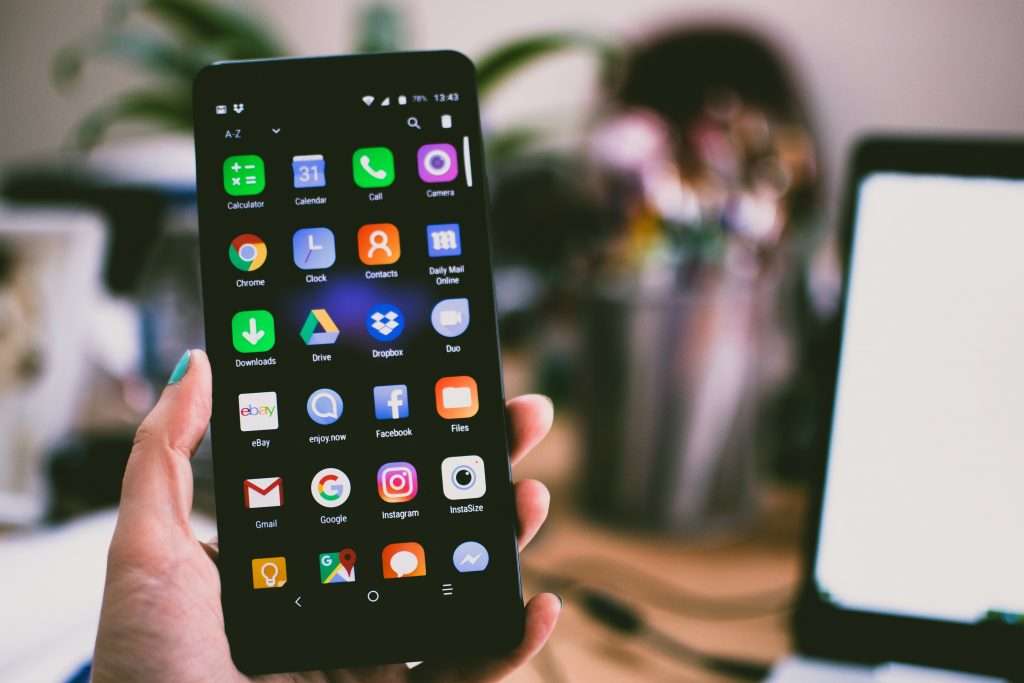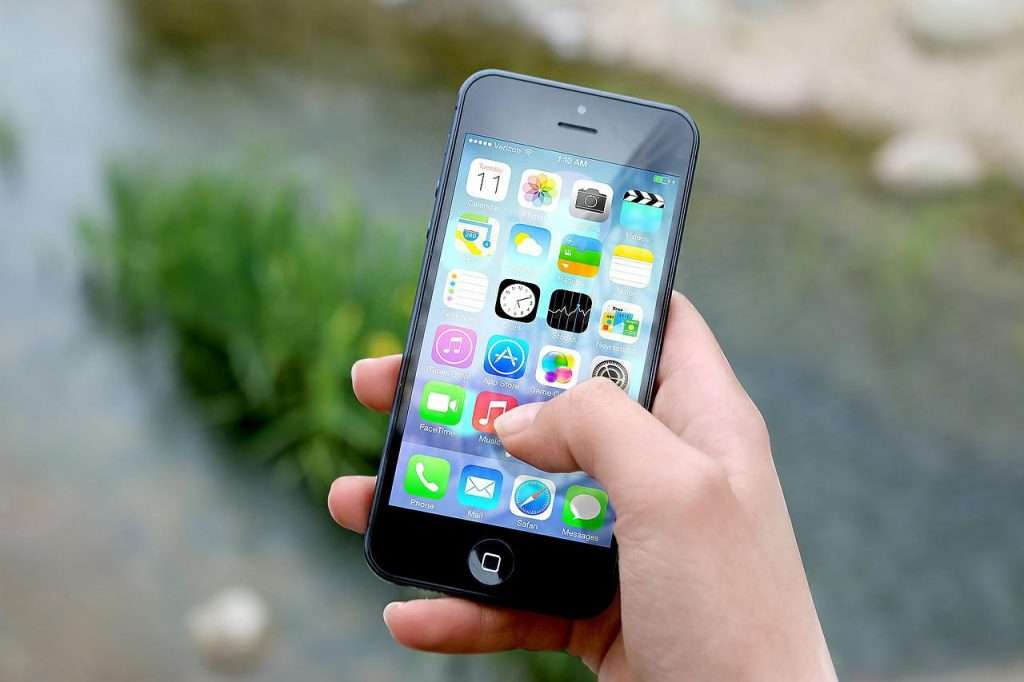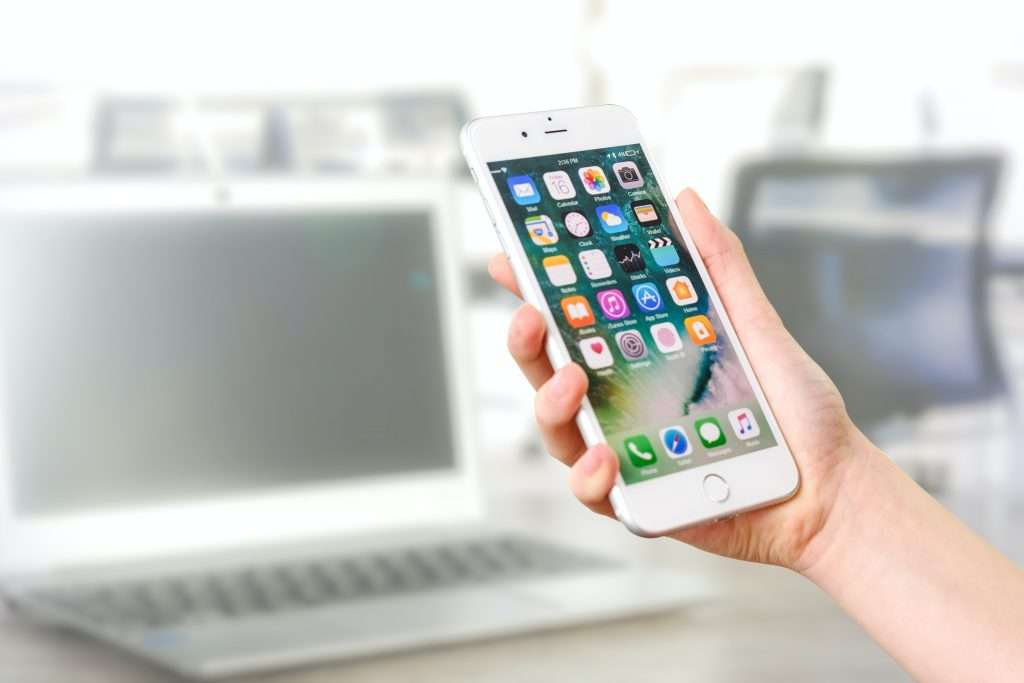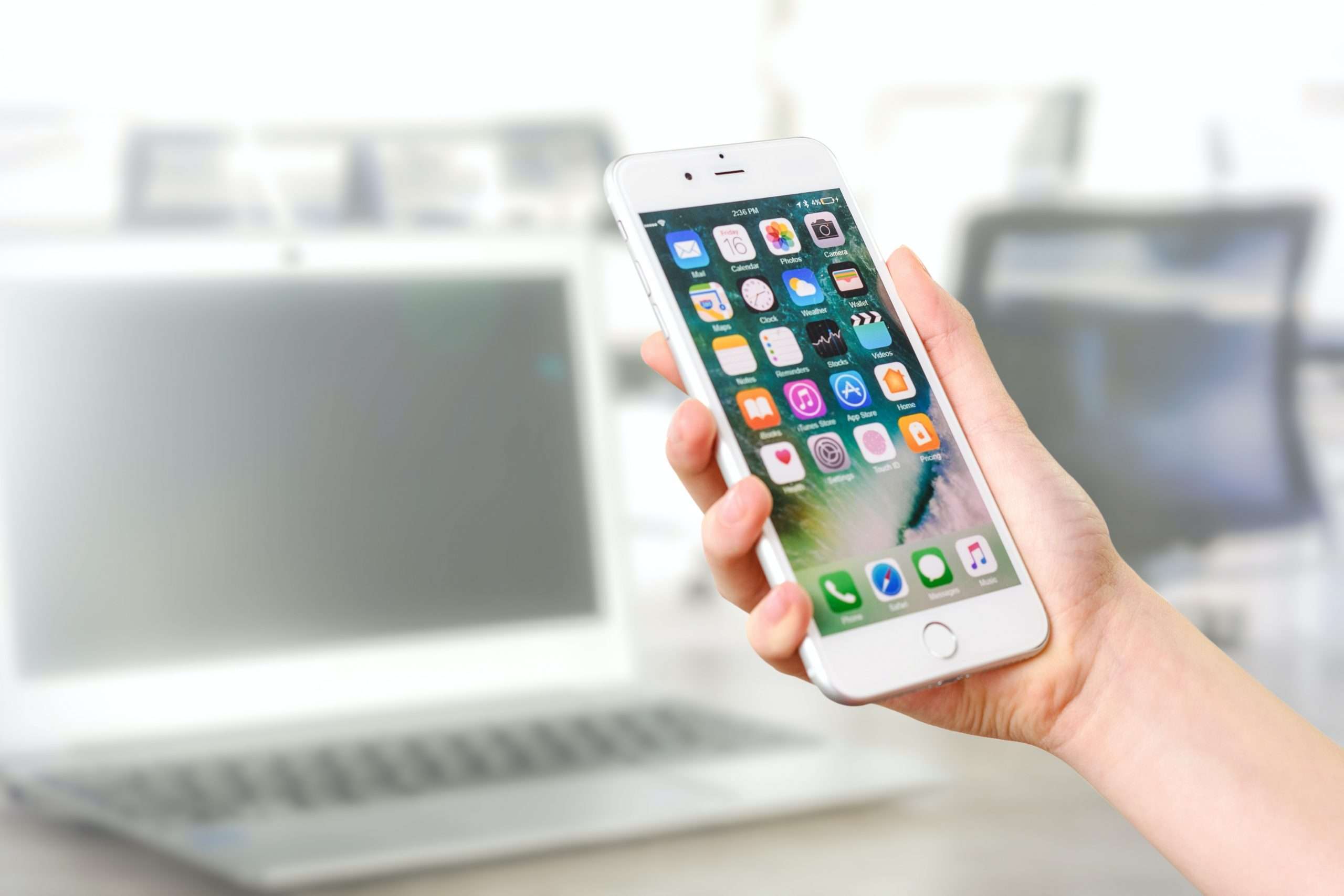Given that iPhones cost more than Android cellphones, are they really worth it? We’ve been using our iPhone 5s for over 1 year now and we are still loving it. Here are 7 Impressive Reasons to Switch from Android to iPhone. A perfectly decent Android smartphone is available for far less money, so why do so many people insist on buying iPhones? This article compares the iPhone and Android operating systems and lists 7 reasons why the iPhone is superior.
A counterargument will be presented shortly, so please check back. In most cases, consumers shopping for a new smartphone will have to decide between two of the industry’s most ubiquitous operating systems: iOS and Android. For anyone considering a transfer from Android to iPhone, here are seven reasons to consider.

1. Technology safeguards sensitive data
Got an Android phone? Maybe it’s time to switch to the iPhone? We’ve got 7 Impressive Reasons to Switch from Android to iPhone.
I n the opinion of the information security industry as a whole, Apple products are safer than Android ones. According to research by Forbes, 97 percent of smartphone malware targets Android phones. Android phones encounter spyware and viruses, notably through app shops. Apple’s App Shop has fewer programs to sell than the Android phones’ app store, but the quantity of accessible apps is not an essential factor of app stores.
Apple is particularly rigorous with picking which app developers receive access to the so-called Apple ecosystem — a network of devices, applications, and developers. There is almost no way for malicious applications to make it into the App Store. Google Play, on the other hand, is an ad-supported and free platform where anybody may showcase their applications.
Due to Android’s open app ecosystem, malicious software might potentially infect a device from sources other than the official Google Play store. In addition to the app store, un-updated operating systems can present security issues. Multiple phone makers using Google’s OS means that not all of them update at the same time, leaving users vulnerable to serious security flaws. iOS devices are created solely by Apple. Hence the related situation doesn’t exist.
2. Smartphones like the iPhone are noticeably quicker
When it comes to managing memory, iOS is more effective than Android. When comparing two phones with the same amount of RAM but different operating systems, an iPhone 6 with 1GB of RAM may easily outperform an Android phone with 3GB of RAM. On Android devices, a procedure is known as “garbage collection” is undertaken. This calls for additional storage space and energy. This is because android applications utilize Java runtime. iOS was built from its inception to the memory-efficient and prevent “garbage collection” of this type. Hence, the iPhone can operate quicker with smaller memory and is able to give comparable battery life to that of many android phones, touting significantly bigger batteries.
3. Ease of use
Apple phones are noted for their simplicity of use. Their usefulness stems from basic operating logic: all the programs are opened from the home screen. For instance, all of the available configuration options are grouped together in a single settings panel. And even if you update your iPhone to the newest model, the operating system still functions the same way, and bringing it into use is straightforward. An android phone may be changed and configured in numerous ways, but the core characteristics of its operating system are significantly more difficult and perplexing than the iOS system. If you value simply using and decent smartphone for basic usage, an iPhone is an obvious pick.

4. Get the greatest applications first
It’s still Apple that attracts the finest and brightest app designers. Deciding between Android and iPhone can be tricky. Before you buy your next device, here are 7 Impressive Reasons to Switch from Android to iPhone. Most applications utilize Apple’s App Store as their launch venue and release their apps there considerably sooner than they do in the Android phones’ Google Play store. This has been the case with some of the most successful applications of recent years, such as Super Mario Run and Snapchat.
It’s possible that some applications will never be made available on Android devices. It’s more difficult for app developers to produce games and applications for Android phones since there is a large variety of them, and many specific aspects of the phones need to be taken into consideration in the creation. This guarantees that iPhone consumers will always have access to secure and high-quality applications in the future, thanks to the App Store’s monetization model, which favors creators of such apps.
5. Put your Apple products on the line.
Apple Pay is Apple’s mobile payment system that accepts payments from debit and credit cards. Placing the phone next to the card reader triggers the same payment process as contactless payment with a plastic card. Using either Face ID, Touch ID, or the password on your phone, your payment information is secure. Apple Pay may also be used to make in-app transactions, so you can use it to book a hotel stay, buy clothing, or order a pizza. Users in need of a straightforward mobile payment system should choose the Apple iPhone since Google Pay is still not widely accessible.
6. The Value of Sharing Within Families
If your whole family uses iPhones, iPads, and Macs, then it’s a safe bet to get your kids iPhones, too. Phone usage is safe since parents can simply keep track of what their children are doing with their phones.
In a recent blog article, we’ve detailed reasons why the iPhone is a wonderful option for a child’s first phone. Apple’s Family Sharing makes family life simpler. Up to six family members may make, for example, pooled music, film, or app purchases and share picture albums, calendars, and reminders. There is no possibility of children downloading unsuitable or paid applications since Family Sharing permits parental permission for their children’s apps. And when children start to travel to school by themselves, for example, parents may keep track of the trip using the Find My Friends tool.

7. iOS is better at applying updates than an Android
If your iPhone is compatible with the newest software, it will be updated as soon as it becomes available. Android is an open-source operating system, and it’s utilized by numerous OEMs. There are more than a hundred such original equipment manufacturers (OEMs), and I could name them all if I started right now. However, only a small fraction of OEMs regularly update Android. Most OEMs don’t have a software development staff to carry out the distribution of these upgrades.
Additionally, Apple creates fewer models at a time compared to major Android manufacturers (I call it “model diarrhea.” Samsung, Nokia, Motorola, Lg, I’m looking at you), which helps them to avoid “spreading” developers across too many projects. Companies that concentrate on one-two model at a time, like One Plus, tend to deliver upgrades on a relatively timely basis.
Conclusion
To this day, the smartest and brightest app designers continue to choose Apple. If you are considering switching from Android to iPhone here is a list of 7 Impressive Reasons to Switch from Android to iPhone. To get their programs out into the world as quickly as possible, developers prioritize the Apple App Store over the Google Play store for Android devices. This is true of several of today’s top applications, like Super Mario Run and Snapchat. It’s possible that some applications will never be made available on Android devices.
There is a large variety of Android phones, each with its own set of quirks that must be taken into consideration during development, making it more difficult for app makers to produce games and applications for the platform. The revenue model of the App Store is more beneficial to high-quality app developers, which in turn ensures that iPhone users will continue to have access to secure and high-quality applications in the future.
For more articles visit explorebeyondpassion

Thank you for sharing this wonderful article